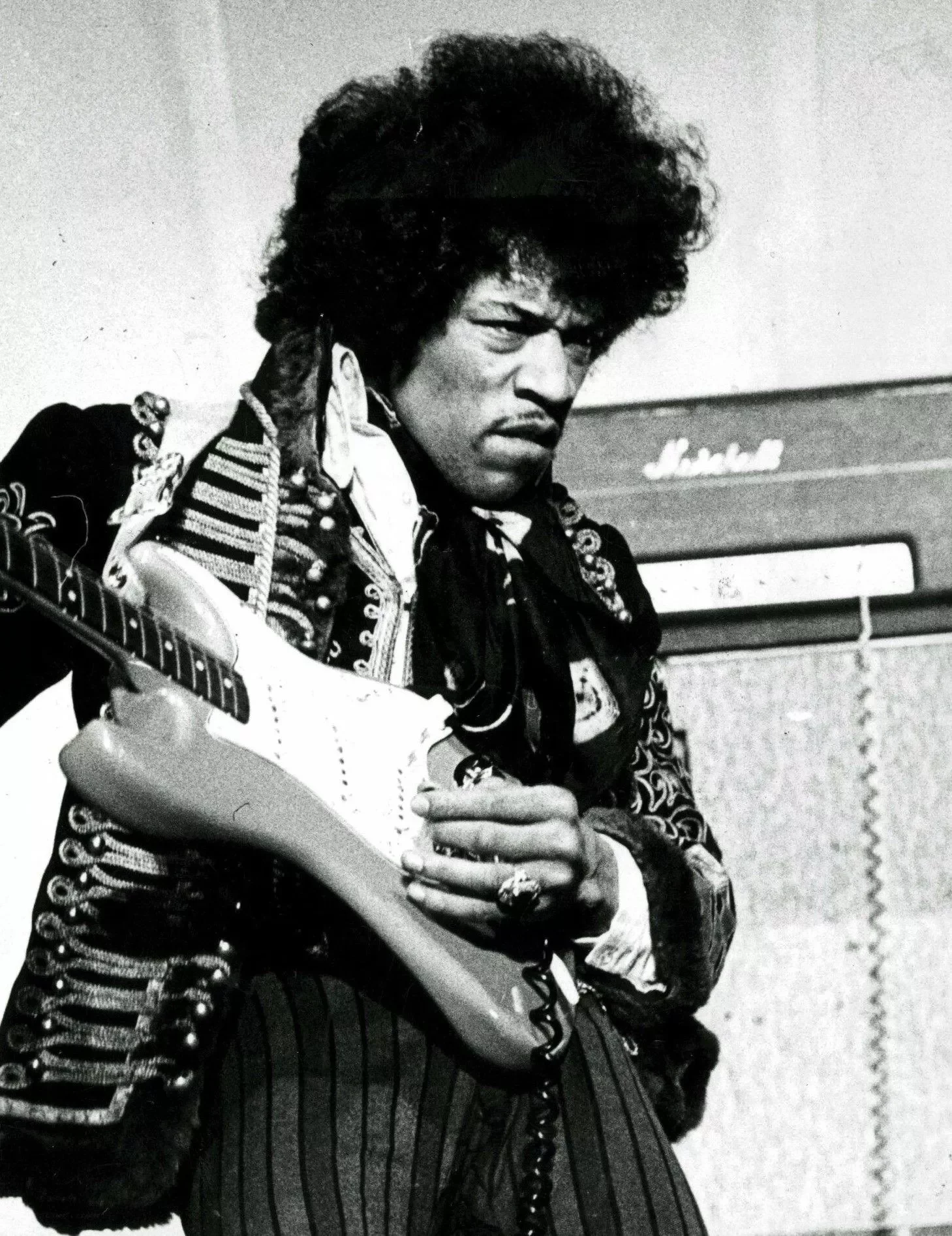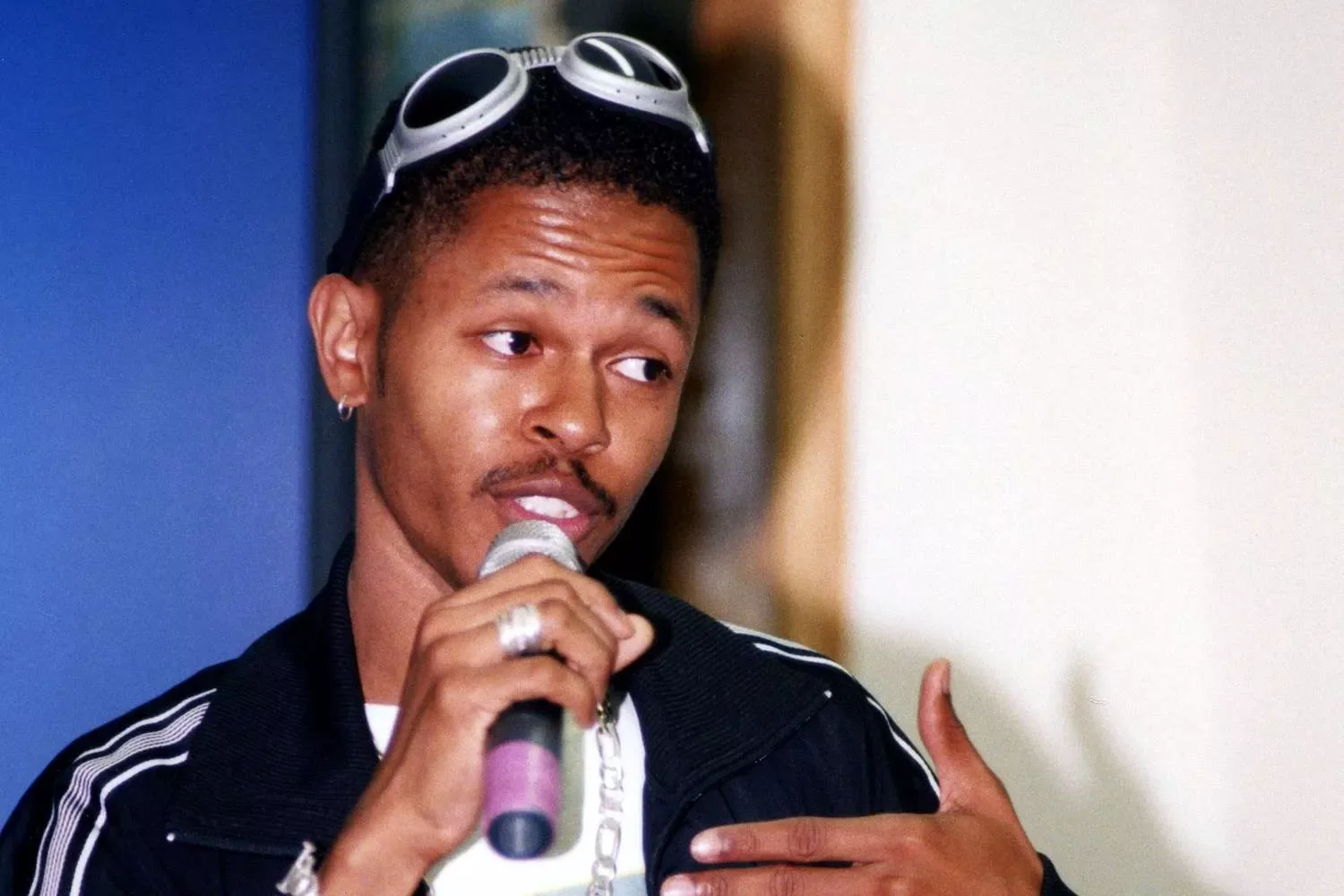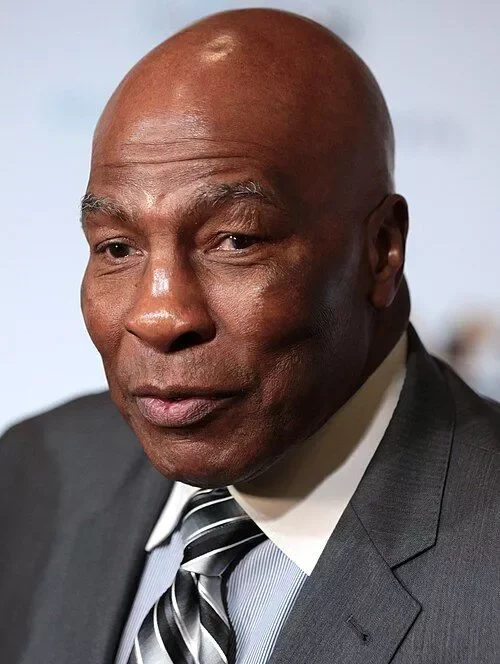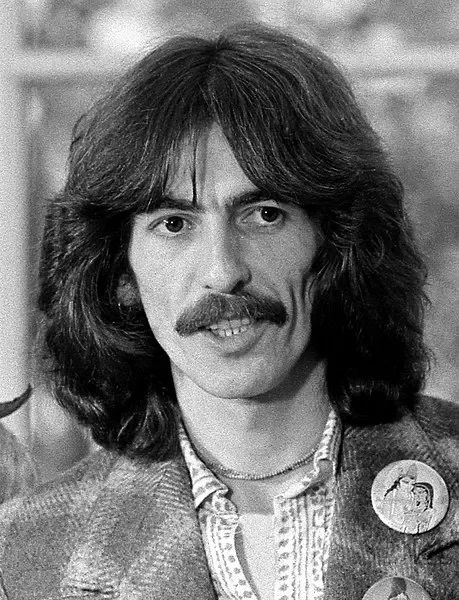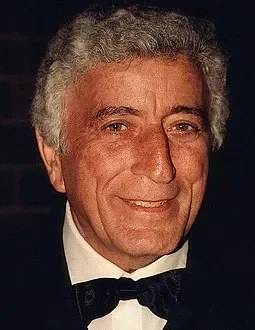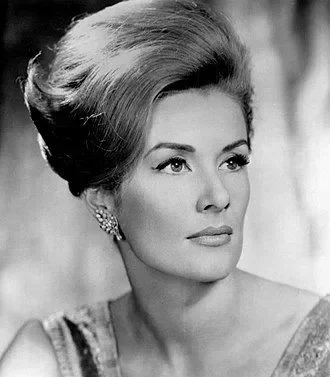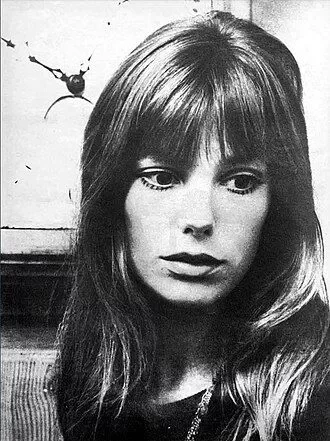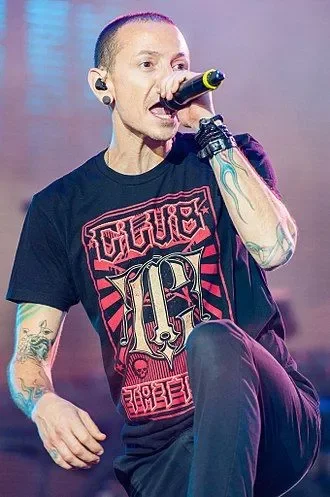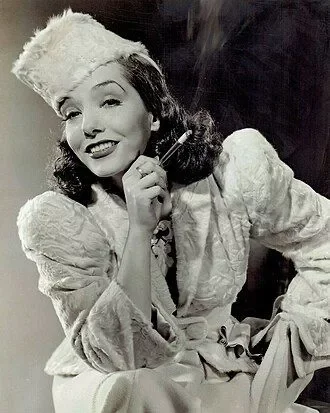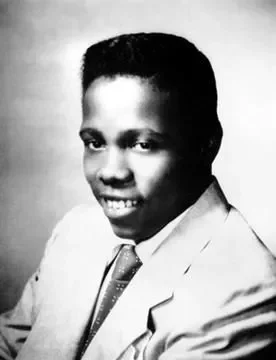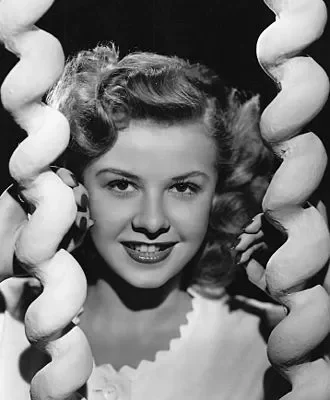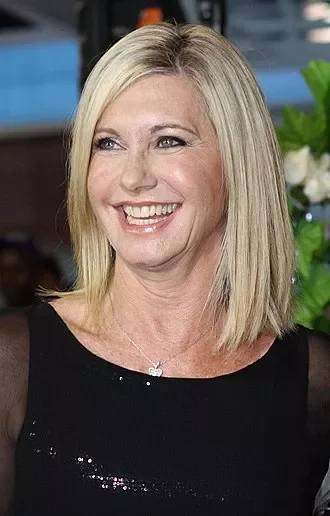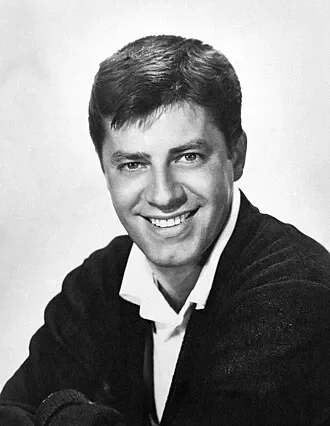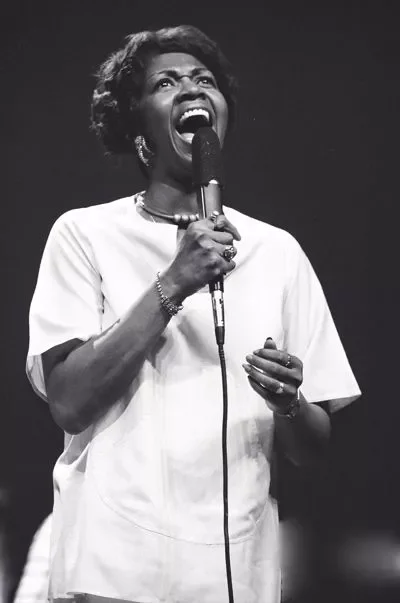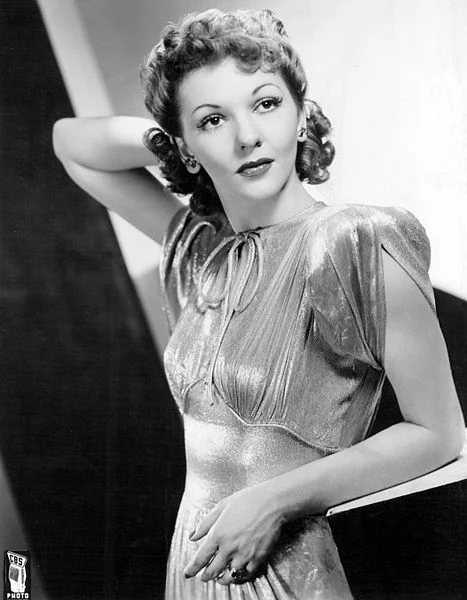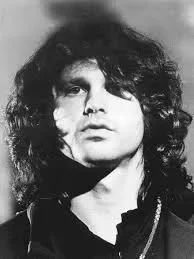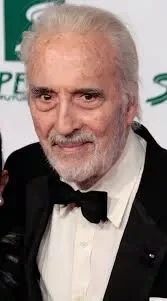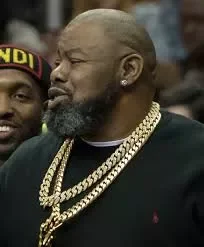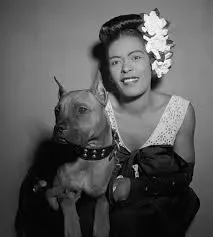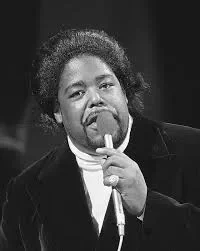Real Celebrities Never Die!
OR
Search For Past Celebrities Whose Birthday You Share
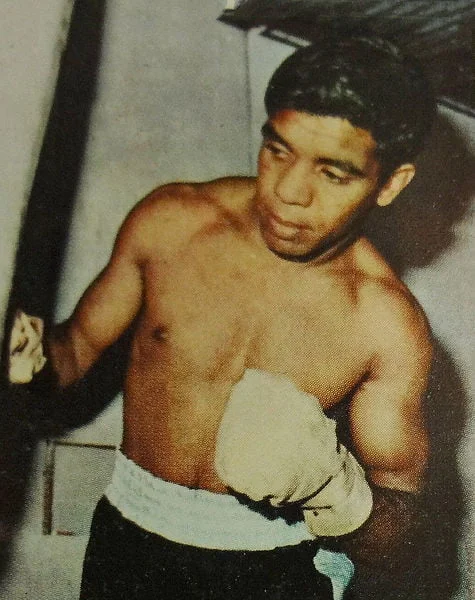
source:wikipedia.org
Lionel Rose
Birthday:
21 Jun, 1948
Date of Death:
08 May, 2011
Cause of death:
Heart failure
Nationality:
Australian
Famous As:
Boxer
Age at the time of death:
62
Lionel Rose's Quote's
Early Life and Background
Lionel Rose was an Australian professional boxer who rose to prominence in the 1960s and became the first Indigenous Australian to win a world boxing title. Born on June 21, 1948, in Jackson’s Track, a small town in Victoria, Australia, Rose became an iconic figure in Australian sports history.
Lionel Rose was born into a large family of eleven children, and his upbringing was marked by hardship and poverty. Growing up in a rural Aboriginal community, Rose faced several challenges that shaped his character from an early age. However, his love for boxing became an escape from the struggles of daily life. Inspired by the achievements of his idol, legendary Aboriginal boxer Ron Richards, Rose began training at a local boxing club in Warragul.
Rise in Boxing Career
Rose’s talent became evident as he quickly rose through the ranks of amateur boxing. Displaying remarkable skills and a natural flair for the sport, he caught the attention of renowned boxing coach Jack Rennie. Rennie took Rose under his wing and became his lifelong mentor and trainer. Under Rennie’s guidance, Rose began his professional boxing career at the age of 15.
In 1964, Rose won his first professional fight, and from there, he went on to achieve an impressive winning streak. His quick reflexes, lightning-fast jabs, and powerful punches made him a formidable opponent in the ring. Rose fought in the bantamweight division and soon earned the nickname “The Aboriginal Assassin” due to his fierce fighting style.
Historic World Title Victory
On February 26, 1968, Lionel Rose secured his place in boxing history by defeating Fighting Harada of Japan in Tokyo to become the World Boxing Association (WBA) bantamweight champion. This victory made Lionel Rose the first Indigenous Australian to win a world boxing title, and it had a profound impact on the proud Aboriginal community across Australia.
Rose’s victory in Japan catapulted him to international fame and brought attention to the struggles faced by Indigenous Australians. His success offered a unique opportunity to challenge racial stereotypes and promote reconciliation. Beyond his athletic achievements, Rose became an ambassador for Aboriginal rights and a symbol of hope for his people.
Subsequent Fights and Challenges
Rose’s reign as the bantamweight champion was short-lived, as he lost the title to Mexican boxer Chucho Castillo in August 1968. However, he continued to fight valiantly in subsequent matches and even moved up to the featherweight division. His matches against renowned opponents, such as Ruben Olivares and Alan Rudkin, showcased his resilience and determination.
Despite facing personal challenges throughout his career, including injuries and issues outside the ring, Lionel Rose’s legacy persisted. He retired from professional boxing in 1976 after winning several notable fights. Throughout his career, Rose fought in 53 professional matches, winning 42 of them.
Life After Boxing
After retiring from boxing, Lionel Rose faced hardships in his personal life. He struggled with alcohol and had several brushes with the law. However, he managed to turn his life around and dedicated his later years to helping the Aboriginal community. Rose became involved in various charitable endeavors and used his fame and fortune to advocate for the rights and welfare of Indigenous Australians.
Legacy and Passing
On May 8, 2011, Lionel Rose passed away at the age of 62 in Warragul, Victoria. His cause of death was congestive heart failure, which he had been struggling with for several years. Rose’s death was mourned by his family, friends, and the wider Australian sporting community. His impact on the Australian boxing scene and his contribution to Indigenous reconciliation remain a significant part of his enduring legacy.
Name:
Lionel Rose
Popular Name:
Lionel Rose
Gender:
Male
Cause of Death:
Heart failure
Spouse:
Place of Birth:
Labertouche, Victoria, Australia
Place of Death:
Warragul, Victoria, Australia
Occupation / Profession:
Personality Type
Adventurer: Flexible and charming artists, always ready to explore and experience something new. He was ready to explore new techniques.
A statue of Lionel Rose was erected in his hometown of Warragul, Victoria, in 2011.
He was the first Indigenous Australian to win a world boxing title.
He won 42 of his 53 professional fights, including 12 by knockout
Australian Boxing Hall of Fame (2003)
Order of the British Empire (MBE, 1968)
Victorian Indigenous Honour Roll (2007)
Victorian Sport Hall of Fame (2001)
World Boxing Hall of Fame (1996)

